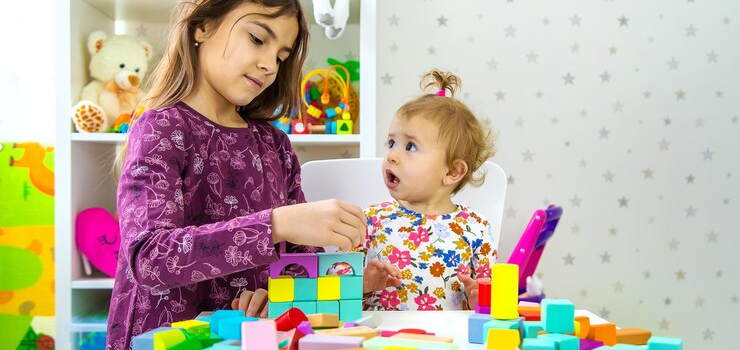A child’s development can be described as a process that occurs during the early years of a child’s life whereby he or she acquires the fundamental needs and values that determine his or her future learning process. Daycare and preschools have a vital role in this stage because they provide formal learning institutions where the child is systematically taught to interact socially, be emotionally stable, and physically develop.
These centers are intended to enable young children to have the necessary experience and learning resources that will enable them in school and other environments. This article addresses the evolving role of learning centers in the life and development of a child, and the functions of such facilities today.
1. Enhancing Cognitive Development
Pre-school institutions play a critical role when it comes to developing and nurturing the mind. The children are provided with opportunities for enacting their imaginative roles and engaging in different types of academic and learning-related experiences that foster problem-solving abilities, creativity, and critical thinking.
All the activities that are structured,/play-based, and taught either directly or indirectly during play help kids to acquire higher-order thinking skills like memory, attention, and problem-solving skills. It is important to note that these are the important soft skills needed at the base of education and for learning.
2. Promoting Social and Emotional Growth
Cognitive development is another key advantage of early childhood learning centers as children are also able to socialize and develop emotionally and intellectually. These contexts focus on peers and teachers where children get to mimic interpersonal relations and therefore build their social skills. Many children benefit from social activities inclusive of group work, cooperative games, and social narrative, to mention but a few. This socialization process is crucial for developing a healthy self-image, as well as in shaping children for future social relationships.
3. Supporting Physical Development
Development in this area is facilitated by several elements as characterized by learning centers for children and play activities. It is not rare that these centers contain playgrounds, sports, and physical activities, and motor task play areas, all of which enhance the children’s physical fitness and body control.
Social development involves engaging in physical activities to learn fine and gross motor activities to keep fit and promote an active lifestyle. Simple guide play and structured exercise enable children to lay the physical foundation that is so imperative for growth and development.
4. Encouraging Early Literacy and Numeracy
Education that concentrates on the initial skills of recognition and comprehension of words and numbers is the basis of many centers for preschool children. Families need to enroll their children in these early education centers since it provides them with an interactive environment in which they learn how to read, write, and initial mathematics skills in a manner that is fitting for their young ages.
Reading, rhyming, singing, letter and number recognition, as well as coloring, tracing, and writing, are aimed at enhancing literacy skills. Learning centers promote the enjoyment of reading practices and comprehension of numerical abilities to springboard children into the academic environment and perpetual learning.
